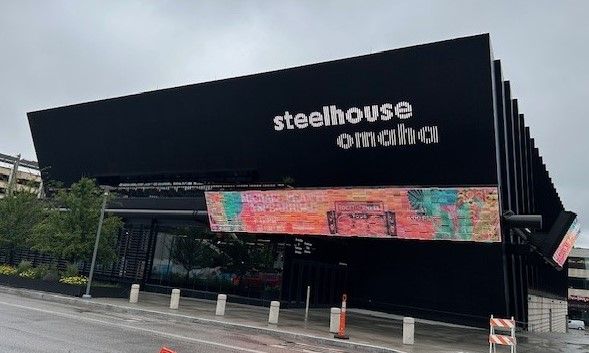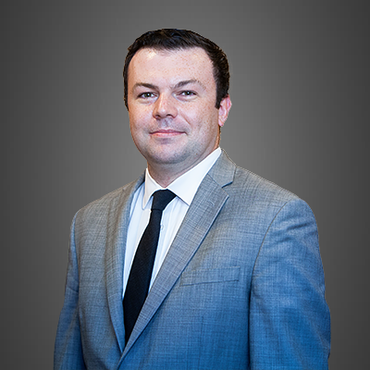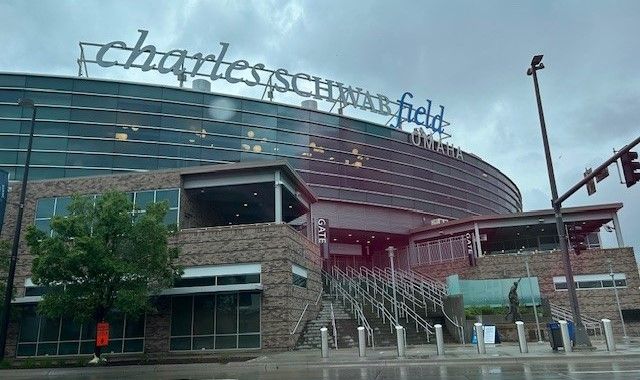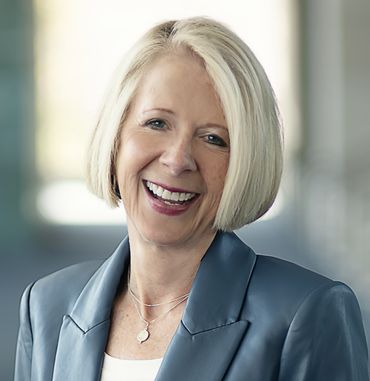When the pandemic hit in spring of 2020, the world as we knew it shut down. Concerts, shows, sporting events, even restaurants were shutting their doors as people self-isolated. Four years later, people are spending a lot of their income on “experiences” in the wake of COVID.
Joan Squires, Omaha Performing Arts President, said demand is through the roof at venues such as the Orpheum Theater, Holland Center and Steelhouse Omaha.
“After COVID, we experienced surging demand and since 2022, we’ve matched or surpassed the pre-COVID sales results,” Squires said. “The number of shows we present also continues to grow as artists want to perform and make up for those ‘lost years.’ At the same time, we’ve also seen increased competition with more events and leisure options for audiences throughout the community."

Post-Covid spending was the theme of a recent Nebraska Economist External Linktitled Leisure and Hospitality: Strong Demand and Supply Constraints by John McCoy, Associate Economist at the Federal Reserve Bank of Kansas City. According to his findings, there was a decline in recreational spending following the pandemic, which has since rebounded.
“The pandemic experience probably continues to play a role in shaping consumer preferences, even as it recedes further and further into the rearview mirror,” said McCoy. “From an economic perspective, robust income gains have certainly benefitted Nebraska households, helping provide the means to ‘revenge spend’ on experiences.”

John McCoy, Associate Economist
“People want to go out, gather together and be actively entertained after being isolated,” Squires added. “There seems to be a generational shift as audiences spend more on experiences rather than acquiring goods or investing in housing.”
When the pandemic hit, CHI Health Center Omaha and Charles Schwab Field were among the first to close and the last to re-open. However, business has been booming ever since.
“In the timeframe that followed the pandemic, business has not only returned to ‘normal’, but 2023 was a record year – with more concerts and events at CHI Health Center Omaha, and record-breaking crowds in attendance at the Men’s College World Series,” said Kristyna Engdahl, Vice President of Communications for Metropolitan Entertainment & Convention Authority.

However, though spending continues to be strong, the labor shortage is affecting many positions in the leisure and hospitality industry, making it a challenge to stay fully staffed.
“Following COVID, people didn’t return to these types of jobs because they don’t want to work nights or weekends,” Squires said. “The workforce is also smaller since many workers retired. We have to work harder to recruit employees and provide competitive salaries and benefits.”
“In an effort to attract talent, MECA has raised the pay scale for our casual and part-time workforce,” Engdahl added. “However, we face consistent hurdles in adding numbers to our event staff, attempting to appeal to retirees or high-school students who are interested in largely supplementary income.”
Even though residents in the 10th District continue to spend money on experiences, it may be difficult for some venues to stay fully staffed to handle the demands of the post-COVID spending.
“The demand for leisure activities is still strong and we need labor to work these shows and events, which is a challenge to find,” Squires said. “For specialized positions, people used to be willing to move for their work, but that has changed as well.”

Joan Squires, OPA President
Overall, Nebraskans do spend less overall on recreation and experiences than other states, suggesting there is still room for more growth. According to Squires, these industries activate communities and contribute to the quality of life. When there is more to do, it makes a community more livable and helps to attract and retain the workforce.
“We’re very optimistic about the number of shows and offerings we’re able to provide and excited about the community’s continued enthusiastic response,” she said.
Related Research - Leisure and Hospitality: Strong Demand and Supply Constraints
Strong household finances, along with pent-up demand from the pandemic, has fueled discretionary spending on recreation and experiences for Nebraskans.
